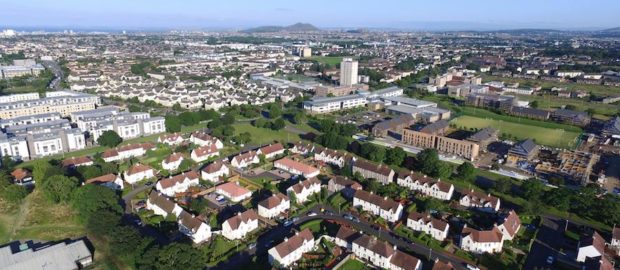Edinburgh City Council bosses are considering raising council housing rents by 2.5% every year for the next four years – in a bid to recoup losses caused by a forced rent freeze this year.
Last month, a rainbow coalition of opposition Conservative, Liberal Democrat and Green Party councillors won a rent freeze for council tenants at a full council meeting.
As part of the city’s 2021/22 budget, the SNP/Labour ruling administration had proposed increasing rent for the council’s 20,000 tenants by 2% in order to help fund a 30-year improvement and renovation plan for its aging housing stock.
The rise would have netted £2m for the council for the coming financial year, and the ruling coalition said the majority of households would feel no impact on their income, as Universal Credit would cover the increase.
A one-year rent freeze means a reduction of £2m in projected gross rental income in 2021/22, or £1.9m in net income.
Unless income is increased in future years to compensate this equates to a £93.9m reduction over the lifetime of the council’s housing plan.
However, opposition councillors successfully argued for a rent freeze, and the SNP/Labour minority subsequently lost a vote on the matter.
Now, council officers are looking at four options to make up the cost of the one-year rent freeze.
The first option would be to increase rent by a minimum of 2.5% over the next four years, or to have one large increase of 4% in 2022/23 and then revert to the proposed 2% rises from then on.
The second option would be to reduce capital investment in the council’s housing stock.
A report outlining the options, and sent to councillors sitting on the council’s homelessness and housing committee, reads: “Whilst the budget motion proposed that the rent freeze be paid from contingency and reserves, unless income was increased or revenue expenditure reduced and sustained, this is not a one-off contribution.
“Capital investment funded from revenue is used to reduce capital borrowing requirements.
“£2m could support approximately £35m of capital borrowing which could enable 285 new social rented homes to be built or 1,000 homes to receive whole house retrofit to help the council achieve this net zero carbon target.”











